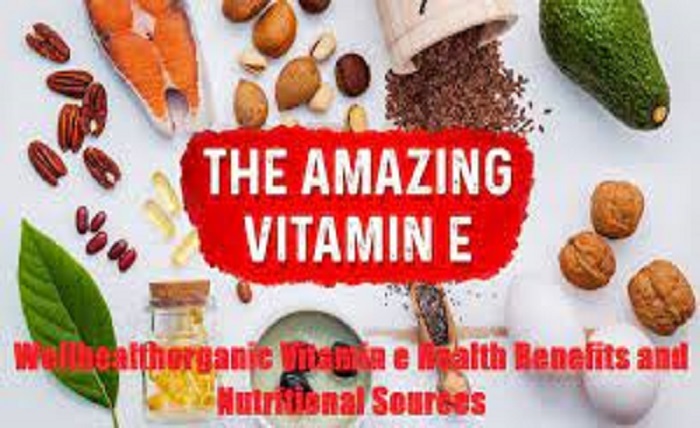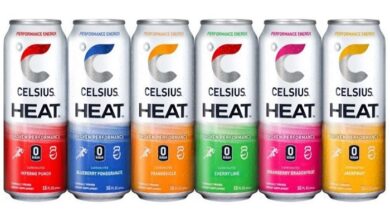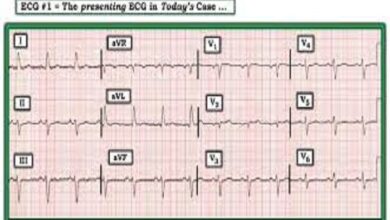Vitamin E: Understanding its Health Benefits and Nutritional Sources for Optimal Well-being

Vitamin E is a fat-soluble nutrient that plays a vital role in maintaining good health. It is a powerful antioxidant that protects the body against oxidative damage caused by free radicals. Vitamin E is also essential for maintaining healthy skin, eyes, and immune system. In this blog post, we will discuss the health benefits, of vitamin E and the best dietary sources to ensure optimal well-being.
What is Vitamin E?
Vitamin E is a group of eight fat-soluble compounds, including four tocopherols and four tocotrienols. The most active form of vitamin E is alpha-tocopherol, which is the primary form found in supplements & fortified foods. Vitamin E is a potent antioxidant that helps protect cell membranes from damage caused by free radicals. It also helps improve immune function and prevents blood clots.
Health Benefits of Vitamin E:
Promotes Skin Health: Vitamin E is essential for maintaining healthy skin. It helps protect the skin from oxidative damage caused by UV radiation, pollution, and other environmental factors. Vitamin E also helps reduce inflammation and promotes wound healing.
Boosts Immune Function: Vitamin E plays a crucial role in maintaining a healthy immune system. It helps stimulate the production of immune cells and improves their function, reducing the risk of infections & diseases.
Protects Against Chronic Diseases: Vitamin E has been found to have a protective effect against chronic diseases such as heart disease, cancer, and Alzheimer’s disease. It helps reduce.. oxidative stress and inflammation, which are major contributors to these diseases.
Supports Eye Health: Vitamin E helps protect the eyes from oxidative damage caused by UV radiation and other environmental factors. It also helps reduce the risk of age-related macular, degeneration, a leading cause of blindness in older adults.
Improves Brain Function: Vitamin E has been found to have a positive effect on cognitive function in older adults. It helps improve! memory and slows down the progression of cognitive decline.
Nutritional Sources of Vitamin E: The best dietary sources of vitamin E include:
Nuts and Seeds: Almonds, hazelnuts, sunflower seeds, and peanuts are excellent sources of vitamin E.
Vegetable Oils: Olive oil, sunflower oil, and soybean oil are good sources of vitamin E.
Green Leafy Vegetables: Spinach, kale, and broccoli are good sources of vitamin E.
Avocado: Avocado is an excellent source of vitamin E.
Fortified Foods: Many cereals, bread, and other foods are fortified with vitamin E.
Conclusion:
Vitamin E is a powerful antioxidant that plays a crucial role in maintaining good health. It helps protect the body against oxidative damage caused by free radicals, supports immune function, & prevents chronic diseases. The best dietary sources of vitamin E include nuts and seeds, vegetable oils, green leafy vegetables, avocado, and fortified foods. Incorporating these foods into your diet can help ensure optimal well-being and prevent vitamin E deficiency. Consult with a healthcare provider or registered dietitian if you have concerns about your vitamin E, intake or have any, underlying medical conditions



